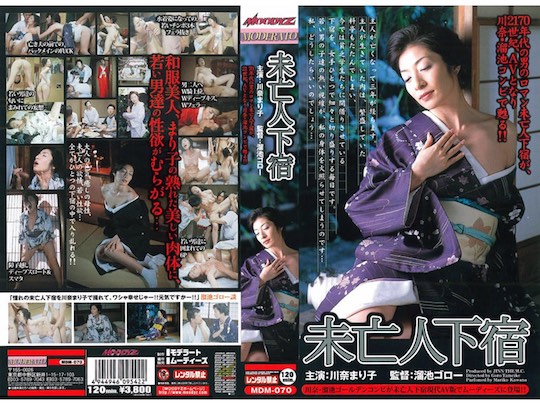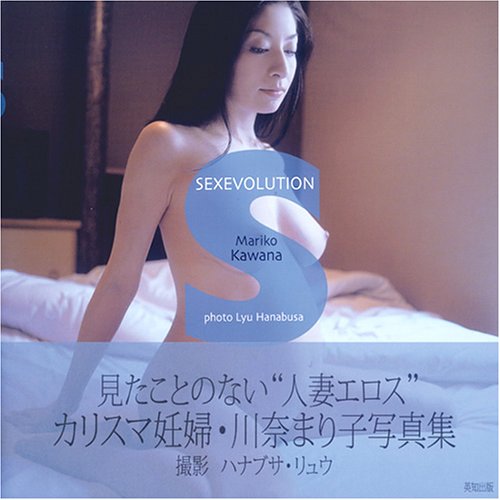The recent interest in Japanese AV performers’ labor and human rights continues to develop. It’s one of the big stories of the year so far.
Following the arrest mere days ago of a porn performer agency for forcing its roster of women to appear in porn and other recent developments like a damning report and seminar on the issue of exploitation and trafficking, now comes news that former AV star Mariko Kawana has launched a new orgnization to help.
There are already groups like Lighthouse: Center for Human Trafficking Victims (formerly Polaris Project Japan) and Human Rights Now (HRN) as well as People Against Pornography and Sexual Violence (PAPS).
Kawana’s new group, Protection for Actress Rights, is specifically focussed on female performers’ rights and is set to launch in July.

Kawana is now in her late forties. She appeared in something like 400 AV titles over the course of her career, before retiring in 2004. She also appeared in pink films.
She married porn director Goro Tameike — known for his jukujo films — and also famously made a nude photo book covering the stages of her pregnancy in 2004. As we know, this is something of a fetish in Japan.

However, at the above-mentioned seminar, Kawana and her husband defended the industry against the HRN report.
Far from it being the directors who were exploiting women, “it was more like I was the one who yelled, screamed and made the director grovel on the ground whenever there was something screwy on the set,” Kawana said at the time.
“Porn actresses come to act, not to have sex,” she asserted. “Neither I nor anyone around me has ever experienced the kinds of things depicted in the HRN report. Maybe it’s because I’m a strong woman and strong people tend to draw other strong people.”
The Japan Times’ coverage of the seminar highlighted how Kawana set out to dismantle the HRN report’s claims.
Kawana stressed that the actresses are private contractors so they have a right to speak up. Later she tweeted: “If porn actresses are employed with labor contracts, they will enter into highly exploitative relationships, vulnerable to all manner of harassment from their employers, long work hours, lower take-home pay (since they will get benefits), and may even enter the ranks of the working poor.” Her Twitter feed read like a negative campaign being waged to stop actresses signing labor contracts.
The Japan Times also criticized Kawana for being self-serving in her analysis of the industry.
The breach-of-contract penalty that many gyōmu itaku (outsourcing) contracts contain is also illegal in a labor contract (under Article 16 of the Labor Standards Law). Kawana tweeted: “I think choosing protection of actors under labor law is a bad move. Porn actresses under the current outsourcing contracts have the right to accept or refuse to act in any particular film, and the production company cannot give orders. So coercion is unlikely. But with an employment contract (koyō keiyaku), the production company can give work orders, so the actress cannot refuse to act in a film.”
….
Kawana is disseminating online will mislead many porn actresses into thinking that labor law would deprive them of their liberty.
But why is a porn heavyweight like Kawana spending precious waking hours at the keyboard blasting away at labor law? Because although she was an actress, today she is management.
To this extent, it’s not clear how much Kawana’s organization is in alignment with the work of existing rights groups — or whether it is in fact more like a counter-group set up to challenge the others.
